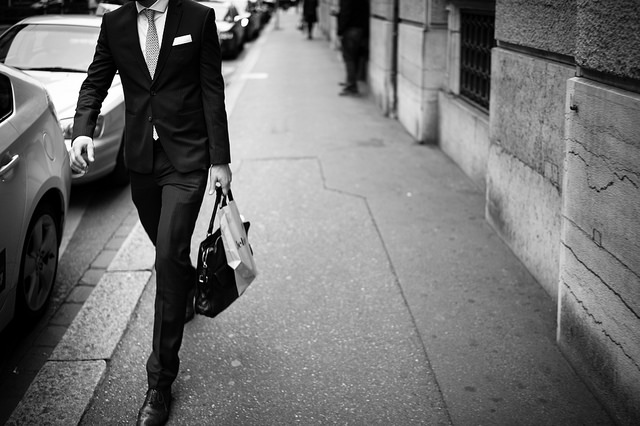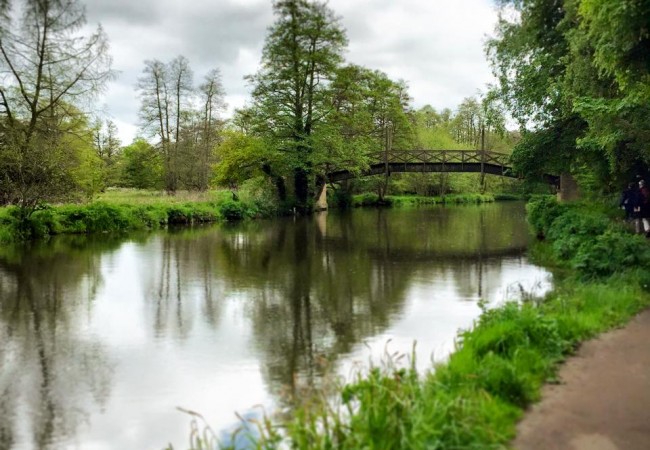My new book, Money's Big Secret, is available now on Amazon! Learn how to fully automate your money so it cuts debt, saves more and invests 100% hands-free; Discover the alternative history of money that's gathering steam and provoking big discussions; Uncover timeless strategies rich dynasties have used for over 2,000 years to keep their money.

The Only Two Reasons You Should Buy Something
Tailoring suits has taught me a lesson.
It’s a difficult lesson to explain but I must try.
I make suits for men and women who are at the top of their game: The Sunday Times Rich List, CEOs, senior professionals and more.
They choose to have their suit made by a small, family-run business rather than a big brand.
They tell me,
“I love the quality.”
“I really enjoy the personal service.”
“It’s been a wonderful experience.”
Big brands don’t give this.
For a market where price is a lesser factor, the purchasing decision is weighted towards what’s authentic.
Authentic meaning hand-crafted with time and care. Personally attended to.
Suit tailors have long been heralded as role models of this, as have great gardeners, potters, designers, dress-makers and craftsmen.
Yet this is not the lesson I seek to explain.
Ironically, the very same market I make suits for are usually, by and large, those who finance, build, and run these big brands.
The ‘corporatocracy’, as John Perkins would say, are those who want this authenticity more than anyone.
Partly because they can afford it, yes, but also because those at the outer ends of the spiral seek most to ground themselves back to the centre.
Hence why so many have a deferred life plan of retiring to a far-off sunny place and spending any remaining days fishing.
In the meantime, they try to come back to what is ‘solid’, to use Marx’s word, through purchase.
But ‘all that is solid melts into air’.
Purchasing identity, as sociologist Zygmunt Bauman explained, is only ever a temporary solution.
So why buy a suit?
Two reasons: beauty and the practical.
Creating and collecting beautiful things is a good reason. I mean that in the moral sense. I have one customer who taught me this more than anyone else. He has been a life long collector of art – contemporary and classical – and paid more attention to the making of the suit than I’d ever experienced.
He cared about the insides as much as the outsides. All the little details including corozo nut buttons. It took time but he loved it. It wasn’t just a suit, it was a work of art, and he had made it just as much as I had.
The same customer created his suit for practical concerns. He had a stooped back and normal clothes did not fit. What he didn’t use he did not want. Gone were the pocket flaps, “I’m not going to have anything in there when it rains”, he said.
It does not make sense to make a suit for any reason other than for beauty or the practical.
Originally, in a world without central heating, jackets kept you warm. Pockets were used to put stuff in. Trousers were made from wool because wool was local and cotton had to be imported. Lapels were so you could be cooler in the heat and warmer in the cold and that’s why mandarin collars do not have lapels.
Most people don’t need a suit and that’s fine. Many people can’t appreciate the beauty of a suit and that’s fine too.
The world doesn’t need everyone to wear a suit, nor does it need everyone to have everything.
There are only two reasons you should buy something: for beauty or the practical.
Image by Toby Gaulke on Flickr
Next Post: At the top of her game


Well am a new visitor to ur blog & am quite surprised,well you have rendered so much information in an elegant manner and am discovering more new things to be learnt from you , keep writing mate ❤